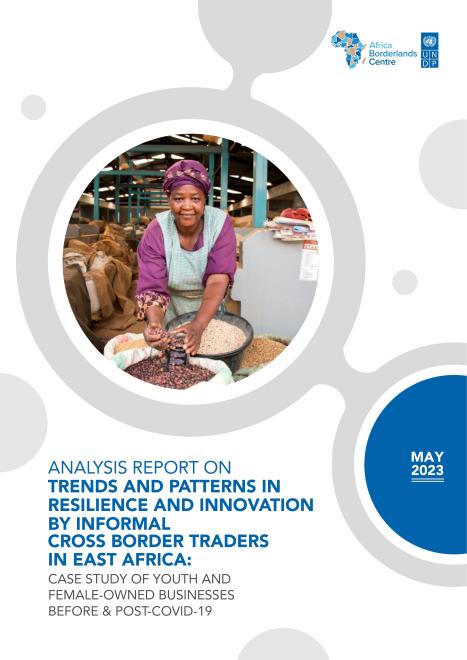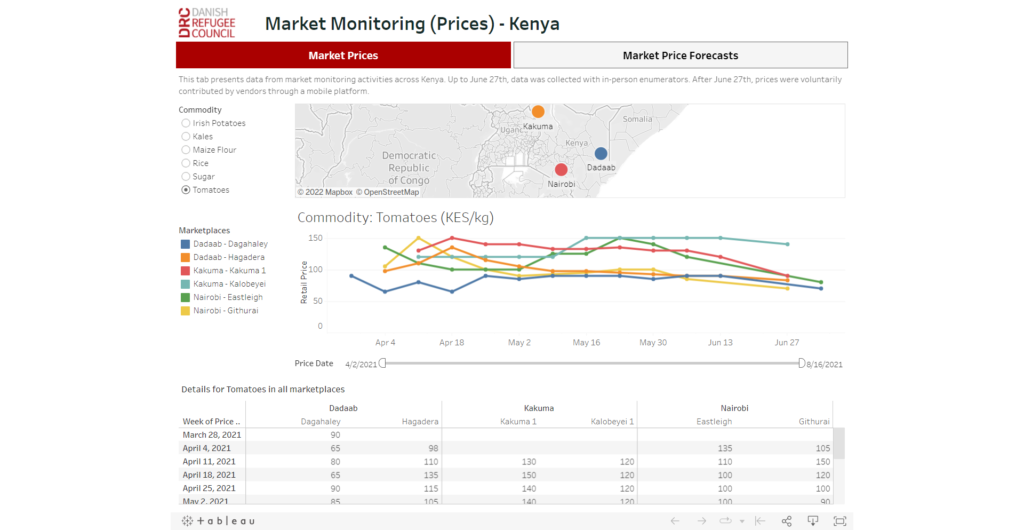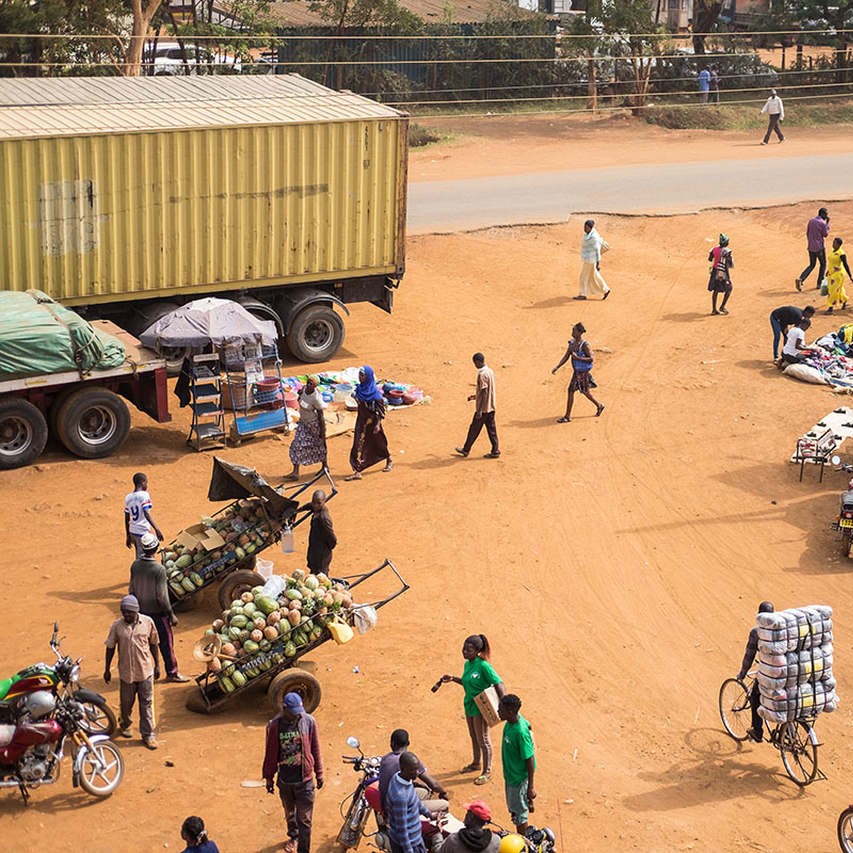Evaluating the Digitization Of Justice During Covid-19 In Kenya And RwandaResearch and Evidence
Sauti East Africa in collaboration with Kituo Cha Sheria and Legal Aid Forum Rwanda has produced a report on the impact of ICT in the justice sector among the poor and the vulnerable in Kenya and Rwanda.
This report highlights the several challenges still faced by justice seekers and actors in adoption of ICT in access to justice. While the report acknowledges the tremendous progress in the adoption of ICT in the justice space in Kenya and Rwanda, it also points out further opportunities that could be explored to bring justice closer and accessible to the poor through the use of ICT.
The study used a comparative analysis of qualitative interview data collected in Kenya and Rwanda. In total:
- 150 participants in Kenya and 102 participants in Rwanda were interviewed as part of focus group discussions, in-depth interviews, and key informant interviews.
Research Context
Significant achievements have been made in digitally transforming the justice sectors of Kenya and Rwanda, including streamlining processes in managing and filing cases and enhancing transparency in justice systems and cost-effectiveness in delivering and accessing legal services. However, vulnerable groups still encounter considerable barriers when using ICT in accessing justice services. More research is needed to explore these last-mile challenges and the role that ICT can play in bridging access to essential legal services.
Report Findings
Access to Justice ICT Tools: The movement restrictions that were imposed by the Kenyan and Rwandan governments during COVID-19 increased the need to use digital platforms to continue service delivery even while maintaining physical distance between citizens. Even beyond the pandemic, there was a need to accelerate the digitization of the handling of cases and the use of audio and video communications between court users and professionals in the justice sector.
The study revealed that many respondents in both countries still use simple feature mobile phones to access legal aid through legal aid toll-free helplines and e-payment systems (mobile money). Other respondents reported using smartphones and computers to attend virtual court sessions, report incidents and receive legal information. Some legal aid actors still use basic, outdated personal smartphones and computers to administer justice using the Electronic Case Management System (ECMS), Electronic Filing (e-filing) System, Case Tracking System (CTS).
Familiarity with Courts’ ICT Requirements and Procedures: Most vulnerable citizens in Kenya and Rwanda still find it hard to access justice services online because they lack the skills and knowledge to use the digitized justice systems by themselves and are mostly reliant on legal aid providers such as advocates and paralegals.
People in the rural areas were unaware and were surprised at the existence of digital tools used in the Kenyan justice system and expressed the need to be educated on them. Those who were aware of the digitized justice processes, for example the virtual courts, appreciated the convenience the virtual courts offered but they mentioned that they were not familiarized with the system and most everything was new to them.
Satisfaction with ICT in Delivery and Access to Legal Services: Many respondents expressed satisfaction with digitized justice services due to its efficiency, ease of use, reduced cost in accessing justice and speediness of the processes. However, there is still unawareness of the ICT-based interventions in the justice space. The notable gap in institutional preparedness in the use of ICT was a factor reducing satisfaction levels, for instance, while the courts have the ICT infrastructures, the prisons and the police stations who on the side are expected to produce the accused in court virtually have very poor infrastructure.
Capacity to Deliver Justice Services Using ICT Platforms: Most justice actors reported issues with limited capacity to deliver services using ICT tools. Police stations and prisons for instance, did not have ICT departments to support the use of ICT in linking the courts to these institutions during the court proceedings. Concerns were also raised regarding power outages and lack of communication and training on the available ICT platforms
Challenges faced in using ICT during COVID-19: While ICT introduces new opportunities for improving citizens’ access to justice, respondents also highlighted some challenges to ICT-related services which included:
- Frequent power outages, limited electrical power supply, poor internet and network connectivity in some regions.
- Technical difficulties with ICT-based platforms, such as audio problems and language barriers, limited access to smartphones or computers and digital illiteracy
- High set up costs and sustaining the use of certain ICT platforms including limited access to smartphones or computers
- Data Privacy Concerns
Policy
The recommendations within this report are meant to highlight opportunities to improve the use of ICT in access to justice among low technology populations. They are:
- Further training, sensitization and capacity building of justice service actors and the public on the use of ICT to access justice;
- Making internet accessible and affordable to the poor and marginalized by adopting strategies like installation of more free public wifi and other ICT related infrastructure;
- Improving data privacy and protection and sensitization of the public on the data protection laws;
- Partnerships with established grassroot systems such as Local Administrations, Cyber Cafés and Huduma Centres to bring ICT based justice services closer to the people;
- Exploring how ICT could support Alternative Justice Systems;
- Improving the ICT infrastructure and capacity of the institutions involved in justice administration including police stations, sexual and gender-based violence help desks, prisons and child help desks;
- Bridging the digital gap between the rural and urban areas through improvement of ICT infrastructure.
- Developing an accessible up-to-date directory with a listing of the justice sector actors and their ICT platforms supporting access to justice.



